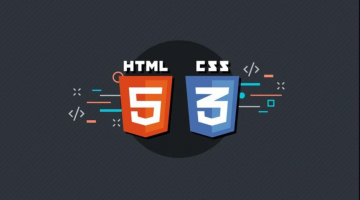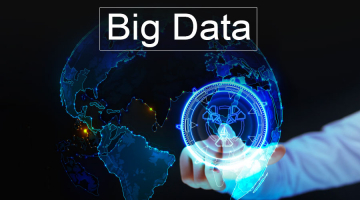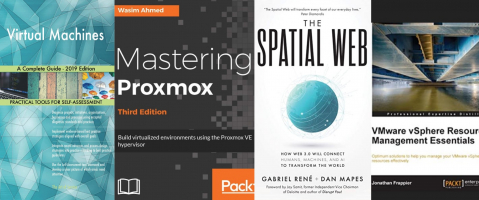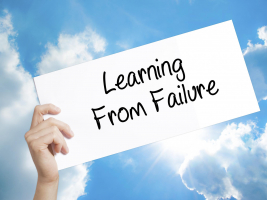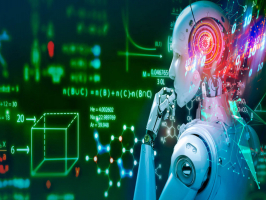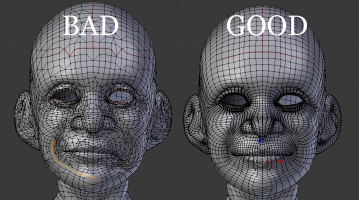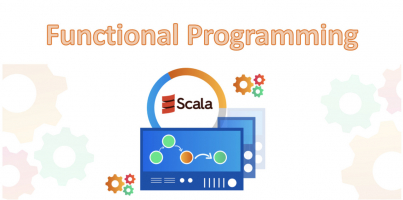Top 10 Best Books On AI and Machine Learning
Machine learning has given humans the ability to conduct jobs automatically. It enables us to improve what we already do by analyzing a constant stream of data ... read more...connected to the same work. Machine learning has a wide range of applications in domains ranging from space exploration to digital marketing. Machine learning is also the foundation of artificial intelligence. We are not yet inundated by machines capable of making decisions on their own. There's still a long way to go. However, the possibilities that emerge along the road are limitless. So, it is the best time to pick up and learn machine learning. Of course, machine learning is a complex field but that doesn’t mean that it can’t be learned in an easy way. To help you through, here we are with our pick of the best books on AI and machine learning.
-
Aurélien Géron is a machine learning trainer and consultant. From 2013 to 2016, he led YouTube's video classification team as a former Googler. From 2002 until 2012, he was also the founder and CTO of Wifirst (a leading Wireless ISP in France), as well as the founder and CTO of two consulting firms, Polyconseil (telecom, media, and strategy) and Kiwisoft (machine learning and data privacy).
Deep learning has enhanced the entire area of machine learning with a succession of recent advancements. Even programmers with little knowledge of this technology can now utilize simple, efficient tools to create data-driven apps. Hands-On Machine Learning with Scikit-Learn, Keras, and TensorFlow will show you how.
Author Aurélien Géron helps you obtain an intuitive knowledge of the principles and tools for building intelligent systems by using straightforward examples, minimal theory, and two production-ready Python frameworks—Scikit-Learn and Tensor Flow. You'll study a variety of strategies, beginning with simple linear regression and working your way up to deep neural networks. With exercises in each chapter to help you apply what you've learned, all you need to get started is some programming expertise.
- Investigate the landscape of machine learning, particularly neural networks.
- Use Scikit-Learn to track an example machine-learning project end-to-end
- Investigate various training models, such as support vector machines, decision trees, random forests, and ensemble approaches.
- To create and train neural networks, use the Tensor Flow library.
- Investigate neural net architectures such as convolutional nets, recurrent nets, and deep reinforcement learning.
- Learn how to train and scale deep neural networks.
Author: Aurélien Géron
Link to buy: https://www.amazon.com/Hands-Machine-Learning-Scikit-Learn-TensorFlow/dp/1492032646/
Ratings: 4.7 out of 5 stars (from 3099 reviews)
Best Sellers Rank: #2,941 in Books
#1 in Artificial Intelligence (Books)
#1 in Artificial Intelligence & Semantics
#1 in Data Processing
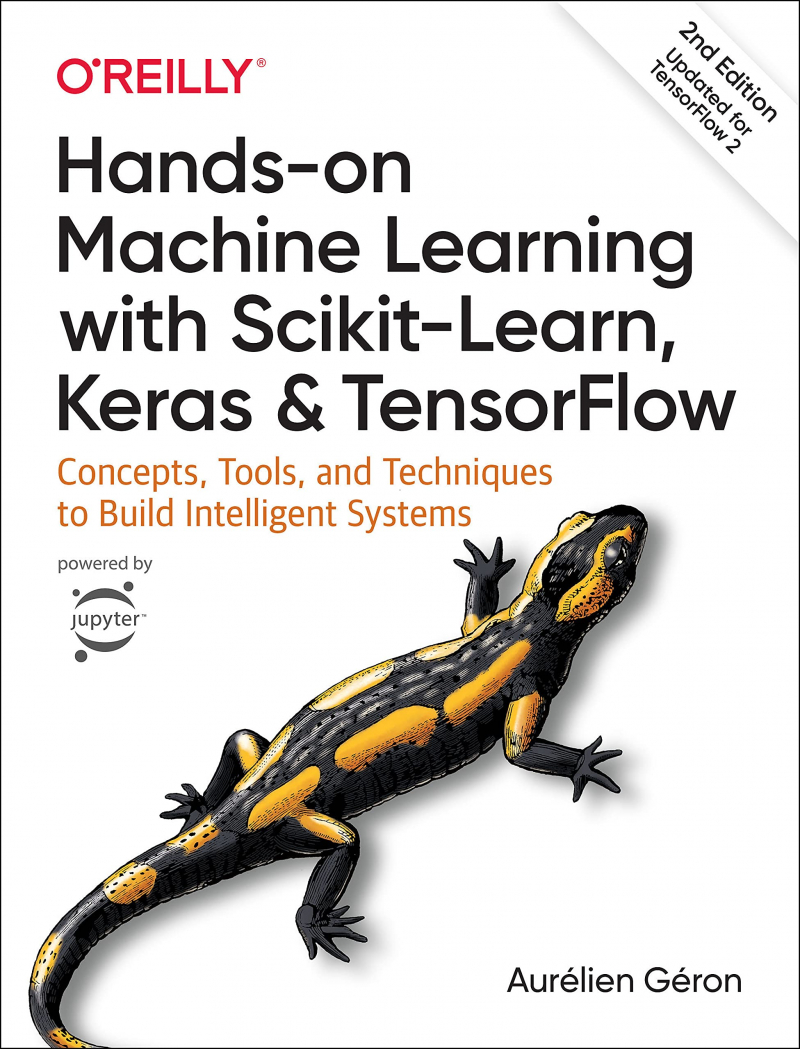
fado.vn 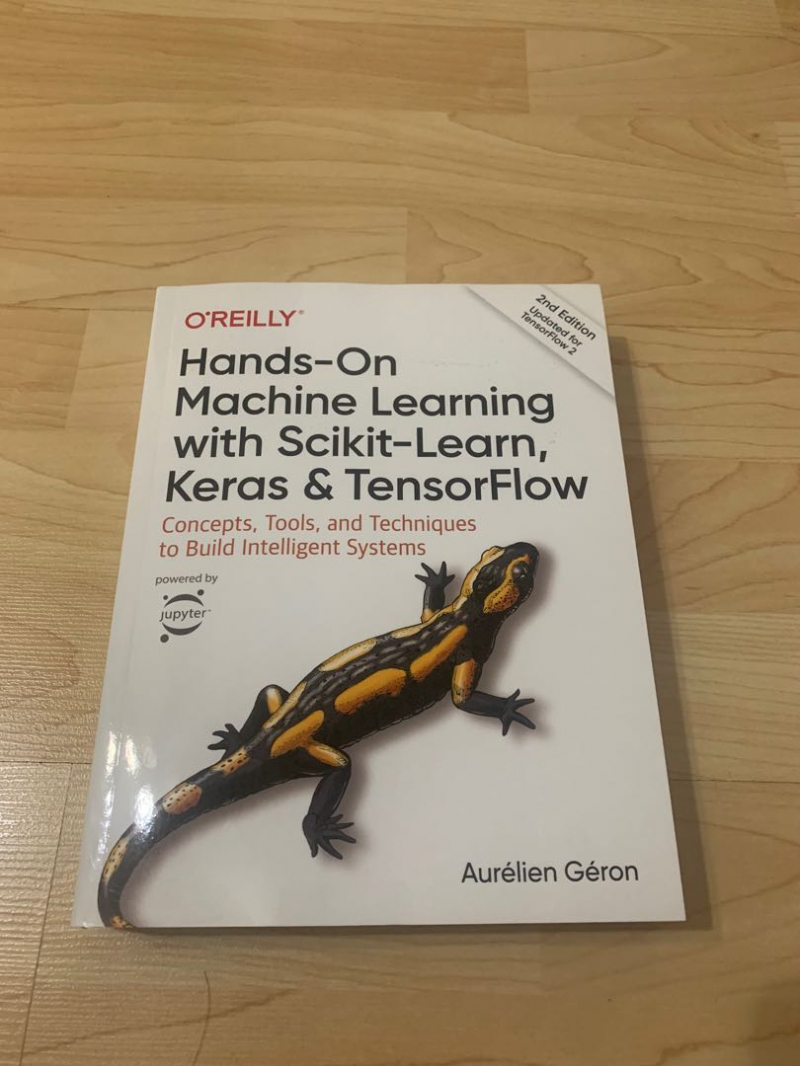
carousell.sg -
Chip Huyen (https://huyenchip.com) is a co-founder of Claypot AI, a real-time machine learning platform. She has assisted some of the world's largest corporations in developing and deploying machine learning systems through her work with NVIDIA, Netflix, and Snorkel AI. She teaches CS 329S: Machine Learning Systems Design at Stanford, and this book is based on her lecture notes. She was named one of LinkedIn's Top Voices in Software Development (2019) and Top Voices in Data Science & AI (2019). (2020). She has also written four best-selling Vietnamese books, including the Xach ba lo len va Di series (Pack Your Bag and Go).
Machine learning systems are both complicated and one-of-a-kind. Complex because they are made up of numerous components and involve numerous stakeholders. They are distinct because they are data dependant, with data altering greatly from one use case to the next. Designing Machine Learning Systems will teach you how to develop ML systems that are dependable, scalable, maintainable, and adaptable to changing environments and business requirements.
Claypot AI co-founder and author Chip Huyen evaluates each design decision, such as how to handle and create training data, which features to utilize, how often to retrain models, and what to monitor, in the context of how it might help your system as a whole achieve its goals. The iterative structure in this book is supported by several references.
Among the best books on AI and machine learning, Designing Machine Learning Systems will assist you in dealing with problems such as:
- Data engineering and selecting the appropriate metrics to address a business problem
- Automating the process of generating, analyzing, deploying, and updating models on a continuous basis.
- Creating a monitoring system to detect and address issues that your models may encounter in production.
- Creating an ML platform that can serve several use cases
- Creating accountable machine learning systems
Author: Chip Huyen
Link to buy: https://www.amazon.com/Designing-Machine-Learning-Systems-Production-Ready/dp/1098107969/
Ratings: 4.9 out of 5 stars (from 12 reviews)
Best Sellers Rank: #4,289 in Books
#1 in Business Intelligence Tools
#1 in Machine Theory (Books)
#2 in Artificial Intelligence (Books)
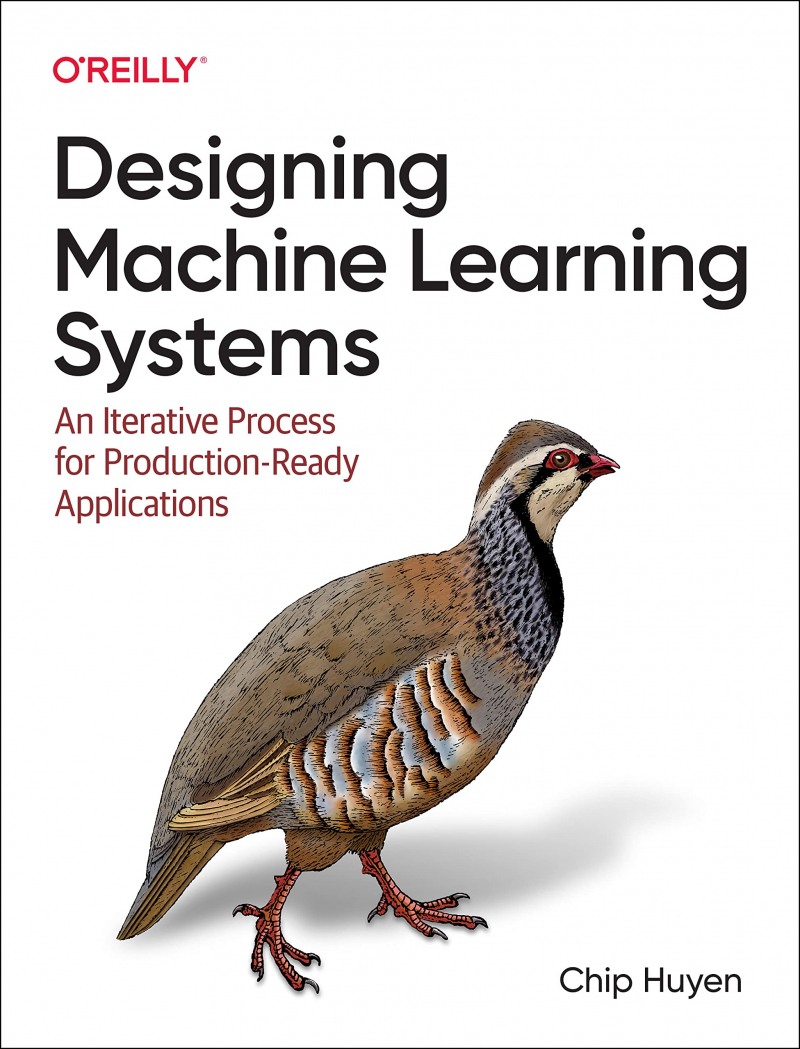
amazon.ca 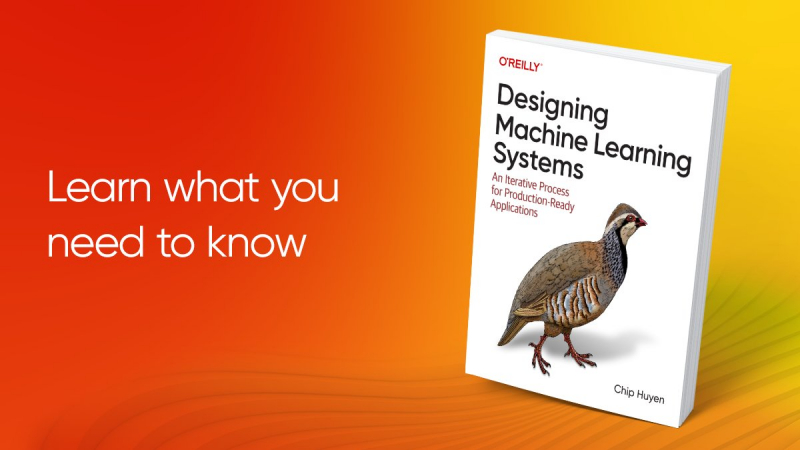
mobile.twitter.com -
Douglas R. Hofstadter is a Professor of Cognitive Science and Computer Science in the College of Arts and Sciences at Indiana University, Bloomington, where he also runs the Center for Research on Concepts and Cognition. He has written or co-written nine books, including I Am a Strange Loop and Surfaces and Essences, and has contributed to a further eleven. He currently resides in Bloomington.
Douglas R. Hofstadter's Gödel, Escher, Bach: An Eternal Golden Braid is still a marvel twenty years after it topped the bestseller lists. This book examines the unanticipated points of touch between Bach's music, Escher's artwork, and Gödel's mathematics, in addition to being a profound and amusing meditation on human cognition and creativity. It also considers the possibilities for computers and artificial intelligence (AI) to emulate human reasoning. This book continues to set a benchmark for thinking about the future of computers and their relationship to the way we think for both general readers and computer geeks.
Hofstadter's greatest achievement in Gödel, Escher, Bach was making difficult mathematical ideas (such as undecidability, recursion, and'strange loops') understandable and enjoyable. Taking a cue from Lewis Carroll (who may or may not have been a fan of this work), each chapter features dialogue between the Tortoise and Achilles, as well as other characters that dramatize topics that will be covered later in greater depth. Allusions to Bach's music (particularly his Musical Offering) and Escher's consistently paradoxical artwork abound. This more comprehensible material allows the author to go into serious number theory (focusing on the implications of Gödel's Theorem of Incompleteness) while pausing to reflect on the work of a variety of different mathematicians, artists, and thinkers.
Of course, the world has changed since 1979. Although Deep Blue defeated Garry Kasparov in 1997, the book claimed that computers would never overcome humans at chess. And the vinyl record, which serves as the basis for some of Hofstadter's best analogies, is now only available to collectors. Sections on recursion and graphs of some physics functions, like the fractals of modern chaos theory, look enticing. And, of course, AI has progressed with mixed results. Nonetheless, Gödel, Escher, Bach is a tremendous achievement. Its intellectual breadth and ability to help us picture difficult mathematical concepts make it one of the best books of the century for anyone interested in computers and their potential for true intelligence.
Author: Douglas R Hofstadter
Link to buy: https://www.amazon.com/G%C3%B6del-Escher-Bach-Eternal-Golden/dp/0465026567/
Ratings: 6.7 out of 5 stars (from 1785 reviews)
Best Sellers Rank: #4,684 in Books
#1 in Mathematics History
#2 in Machine Theory (Books)
#3 in Mathematical Logic
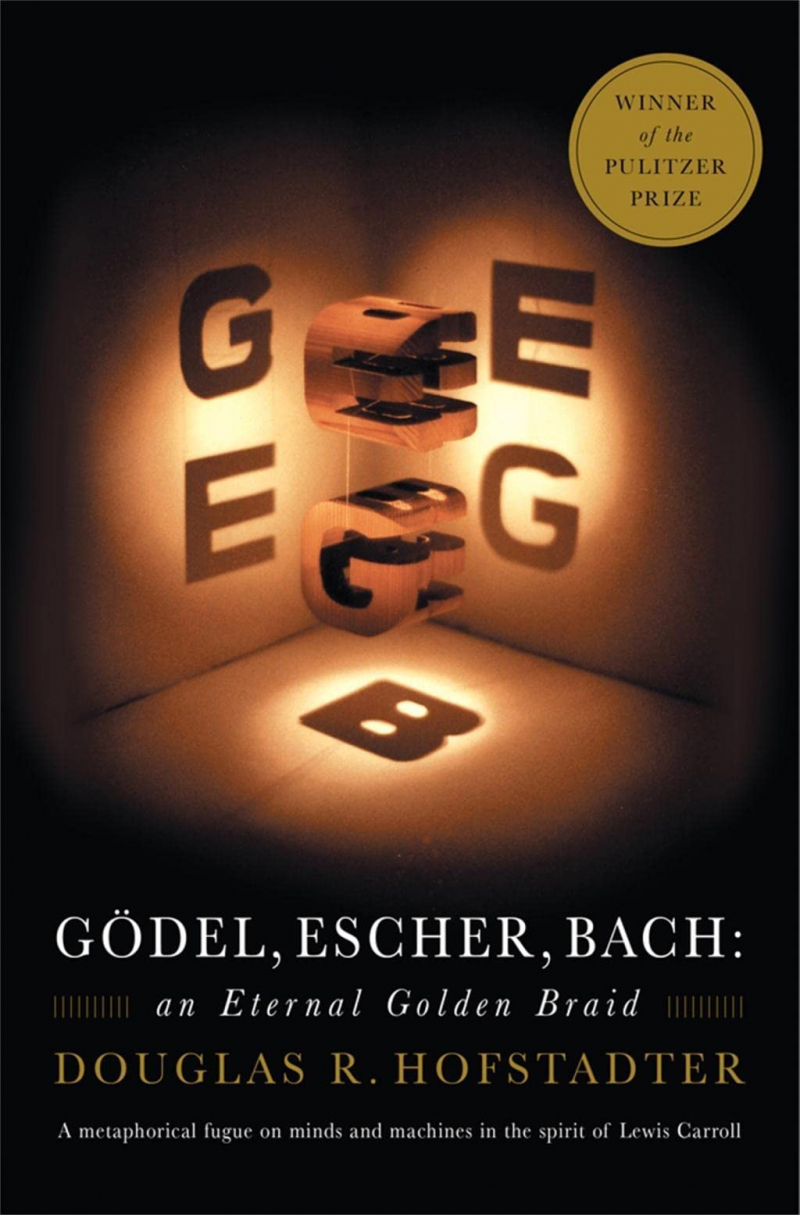
https://www.amazon.com/ 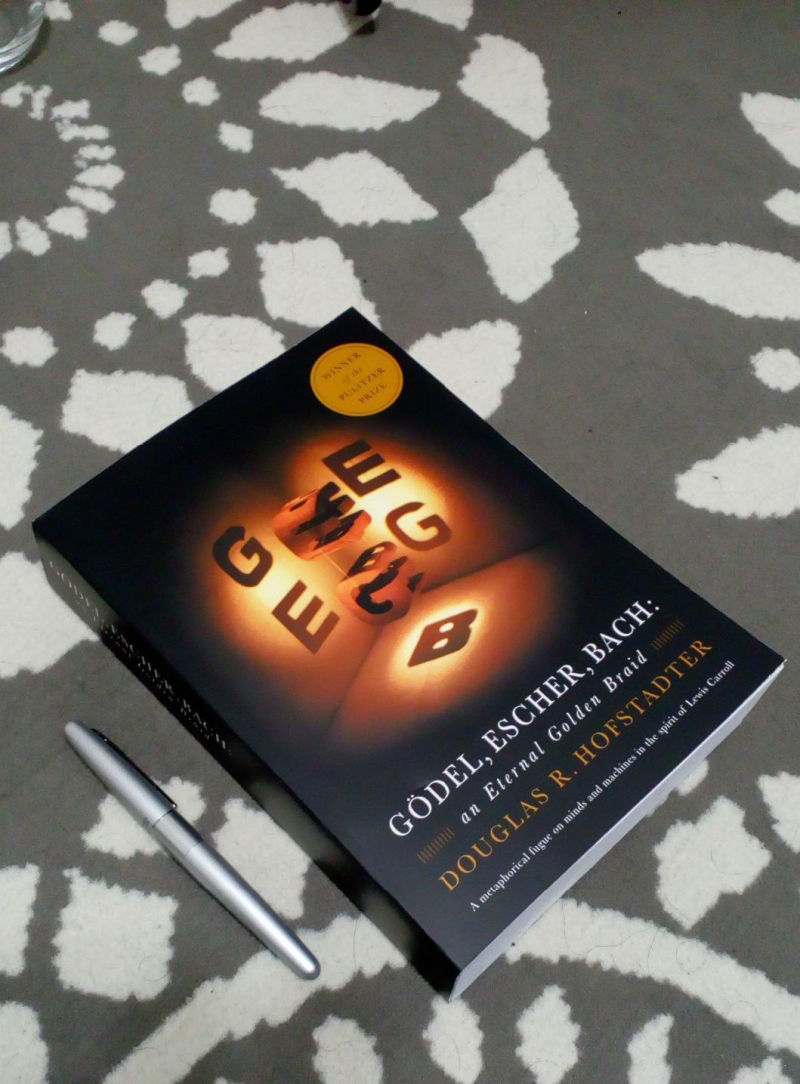
https://www.amazon.com/ -
Kevin Huo is a Data Scientist at a Hedge Fund and formerly worked as a Data Scientist at Facebook Groups. He graduated from the University of Pennsylvania with a degree in computer science and from Wharton with a degree in business. He interned at Facebook, Bloomberg, and on Wall Street during college.
Nick Singh began his career as a Software Engineer on Facebook's Growth Team before moving on to SafeGraph, a geospatial analytics startup. He graduated from the University of Virginia with a degree in Systems Engineering and a minor in Computer Science. He interned at Microsoft and Google during college. His LinkedIn career advice has received over 25 million views.
Ace the Data Science Interview, written by two ex-Facebook employees, is the finest approach to prepare for Data Science, Data Analyst, and Machine Learning interviews, so you can land your dream job at FAANG, tech startups, or Wall Street. The book is regarded as one of the best books on AI and machine learning.
What's on the inside of this 301-page book?
- 201 genuine Data Science interview questions from companies like Facebook, Google, Amazon, Netflix, Two Sigma, Citadel, and more — with thorough step-by-step answers!
- Learn how to break into Data Science by structuring your resume, developing awesome portfolio projects, sending networking cold emails, and conveying your narrative better during behavioral interviews.
- In data interviews, the following topics are typically tested: Probability, Statistics, Machine Learning, SQL & Database Design, Python Coding, Product Analytics, and A/B Testing are all topics covered.
- Each chapter includes a brief overview of the most significant ideas and formulas to review.
- Learn how to answer open-ended case study questions that integrate product knowledge, business intuition, and statistical modeling abilities, and practice with case studies from Airbnb, Instagram, and Accenture.
Author: Kevin Huo and Nick Singh
Link to buy: https://www.amazon.com/Ace-Data-Science-Interview-Questions/dp/0578973839/
Ratings: 4.6 out of 5 stars (from 525 reviews)
Best Sellers Rank: #6,361 in Books
#1 in Data Mining (Books)
#1 in Computer Localization
#1 in Database Storage & Design
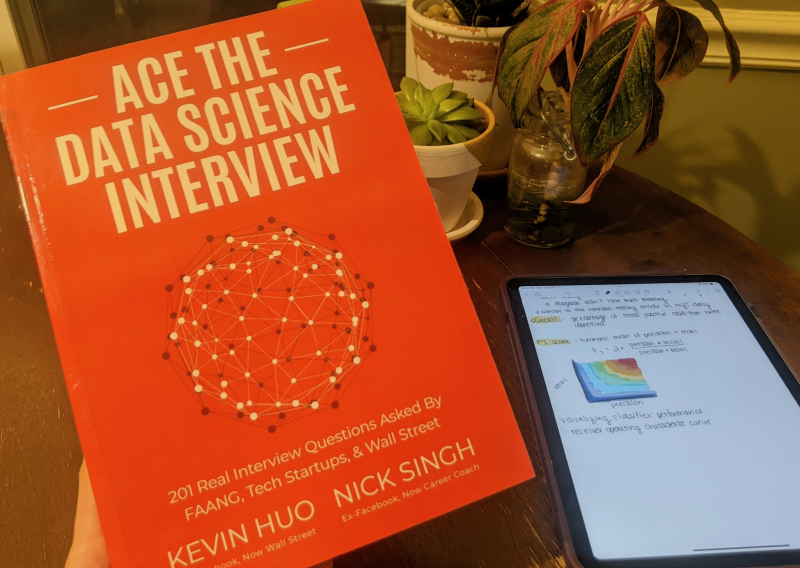
twitter.com 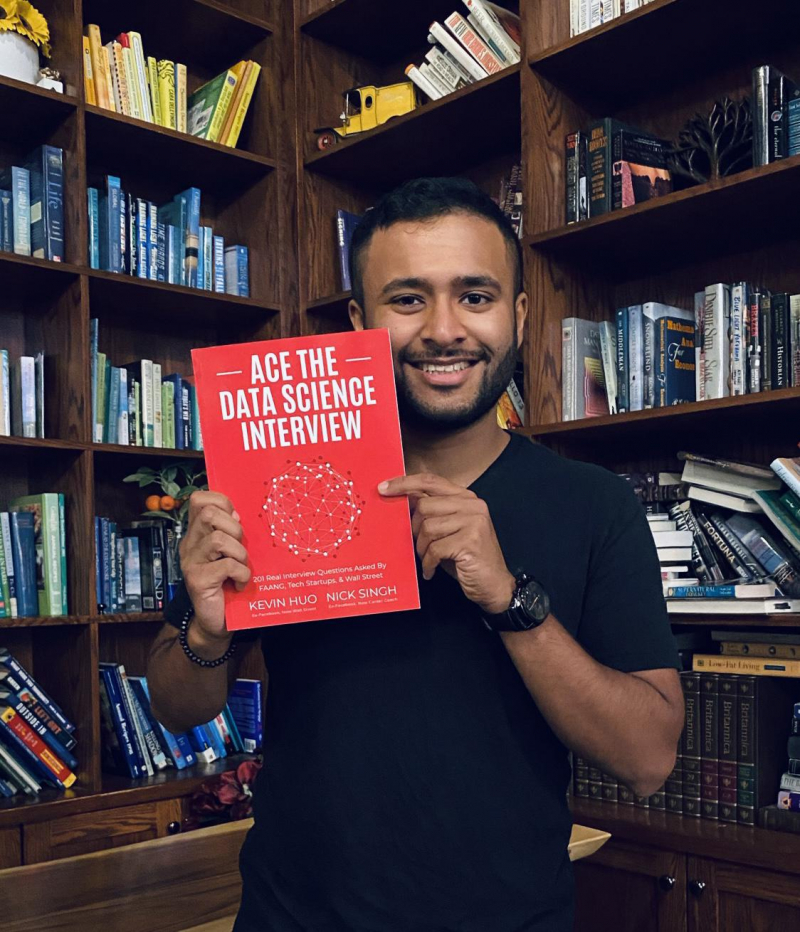
reddit.com -
Aditya Bhargava is a Software Engineer who holds degrees in both computer science and fine arts. Adit.io is his programming blog.
An algorithm is simply a step-by-step technique for resolving a problem. As a programmer, you will frequently use algorithms that have previously been found, tried, and proved. This is the book for you if you want to comprehend them but don't want to dig through lengthy multipage proofs. This interesting and fully illustrated tutorial makes it simple to learn how to use the most important algorithms efficiently in your own programs.
Grokking Algorithms is a fun, fully illustrated reference that teaches you how to apply popular algorithms to the practical challenges you confront as a programmer every day. You'll start with sorting and searching then progress to more complicated issues like data compression and artificial intelligence as your algorithmic thinking skills improve. Each meticulously presented example contains useful illustrations as well as fully annotated Python code samples.
Algorithm education does not have to be tedious! On Manning Publications' YouTube channel, you can get a sneak glimpse at the colorful, illustrated, and approachable examples found in Grokking Algorithms. Manning Publications offers a free eBook in PDF, Kindle, and ePub formats with the purchase of the print book.
What's on the Inside?
- Algorithms for search, sort, and graph
- There are around 400 images with extensive walkthroughs.
- Algorithms' performance trade-offs
- Examples of Python code
Author: Aditya Bhargava
Link to buy: https://www.amazon.com/Grokking-Algorithms-illustrated-programmers-curious/dp/1617292230/
Ratings: 4.6 out of 5 stars (from 1017 reviews)
Best Sellers Rank: #9,323 in Books
#1 in Computer Graphics
#1 in User Experience & Website Usability
#1 in Online Internet Searching
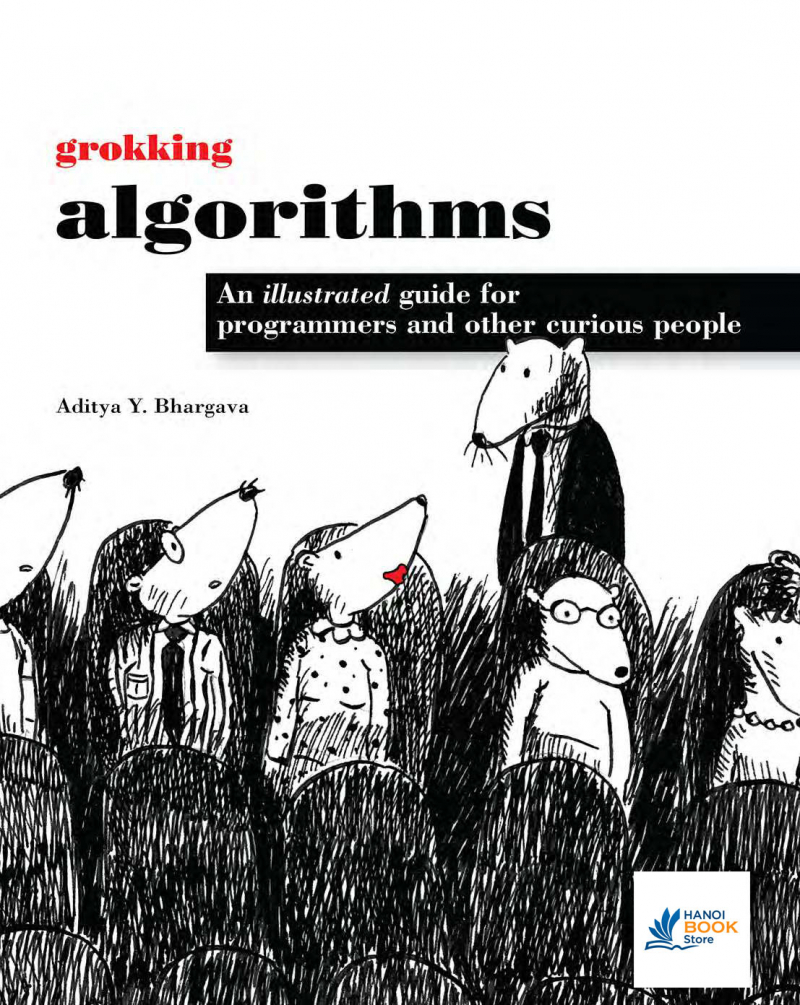
lazada.vn 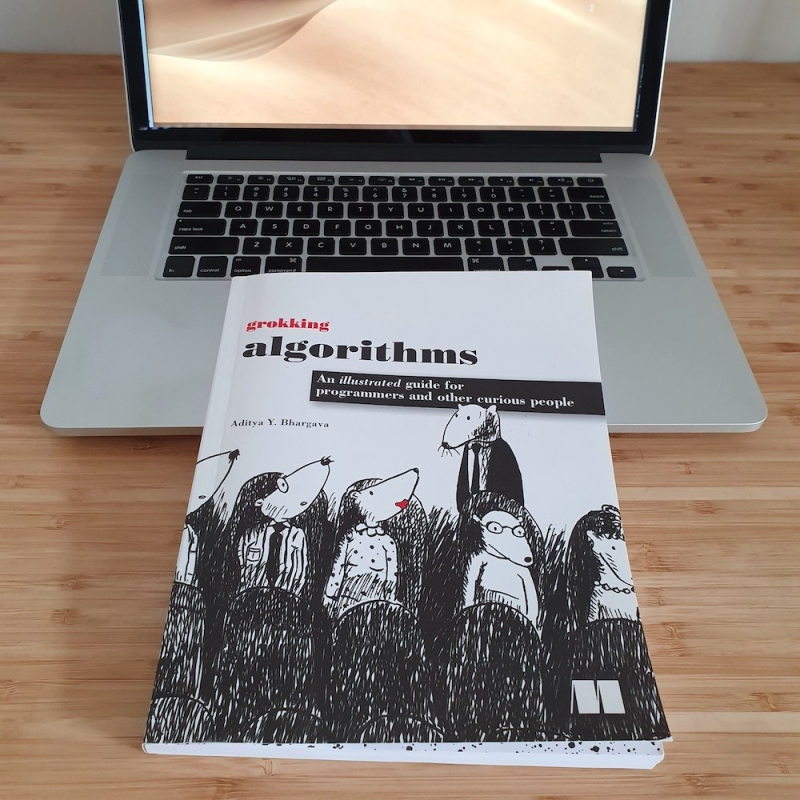
artemdemo.com -
Nick Bostrom is a Swedish-born philosopher and polymath who has studied theoretical physics, computational neuroscience, logic, and artificial intelligence, in addition to philosophy. He is a Professor at Oxford University and the founding director of the Future of Humanity Institute.
Superintelligence investigates what happens when machines outperform humans in general intelligence. Will we be saved or destroyed by artificial intelligence? Nick Bostrom provides the groundwork for comprehending humanity's and intelligent life's destiny.
The human brain possesses capacities that other animals' brains do not. Our species' dominance is due to these distinguishing characteristics. If computer brains outperformed human brains in general intelligence, this new superintelligence may become tremendously powerful - perhaps beyond our control. The fate of humanity would be determined by the activities of the machine superintelligence, just as the fate of gorillas is today determined by humans rather than the species itself.
We do have one advantage, however: we get to make the opening move. Will it be possible to build a seed Artificial Intelligence, engineer starting conditions, and survive an intelligence explosion? How could a controlled detonation be achieved?
This deeply ambitious and unique book traverses a large expanse of challenging intellectual terrain. After an engaging voyage to the frontiers of thought about the human condition and the future of sentient life, we find in Nick Bostrom's work nothing less than a rethinking of the critical mission of our time. It is one of the best books on AI and machine learning you should read.
Author: Nick Bostrom
Link to buy: https://www.amazon.com/Superintelligence-Dangers-Strategies-Nick-Bostrom/dp/0198739834/
Ratings: 4.4 out of 5 stars (from 2736 reviews)
Best Sellers Rank: #8,504 in Books
#3 in Artificial Intelligence (Books)
#8 in Artificial Intelligence & Semantics
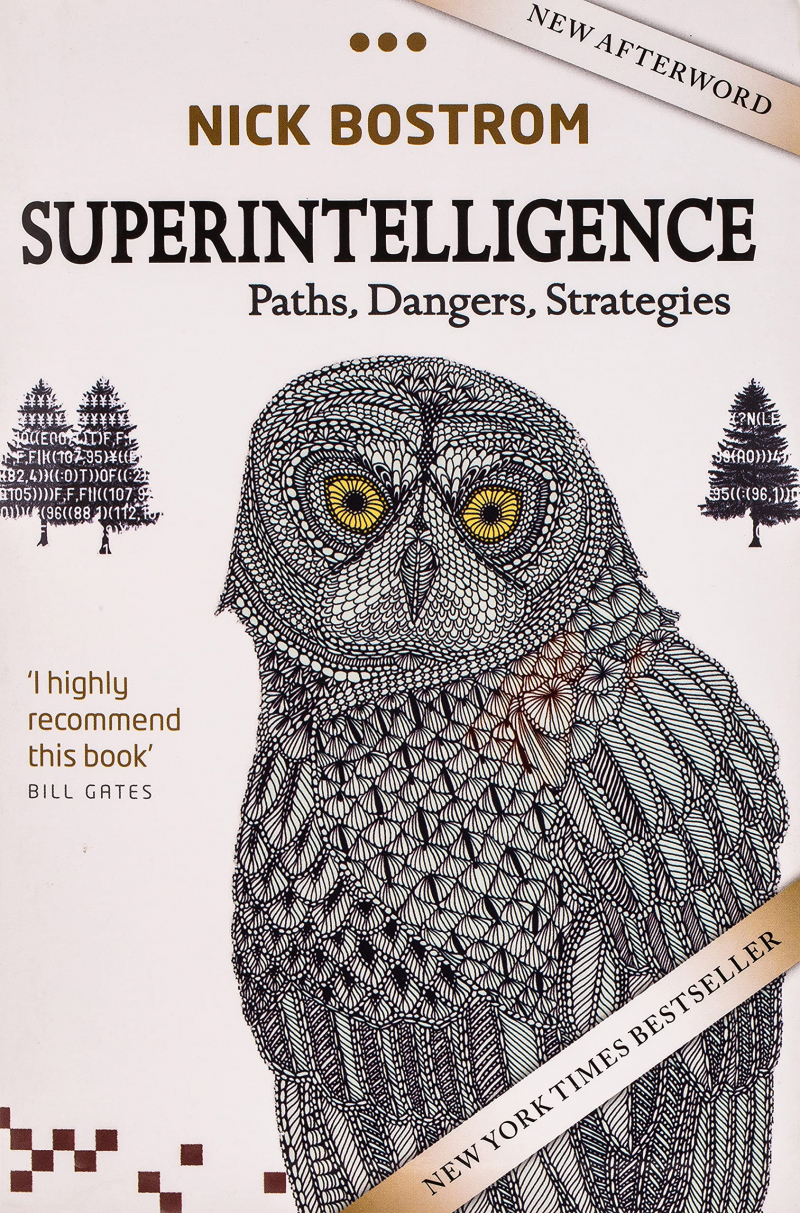
amazon.in 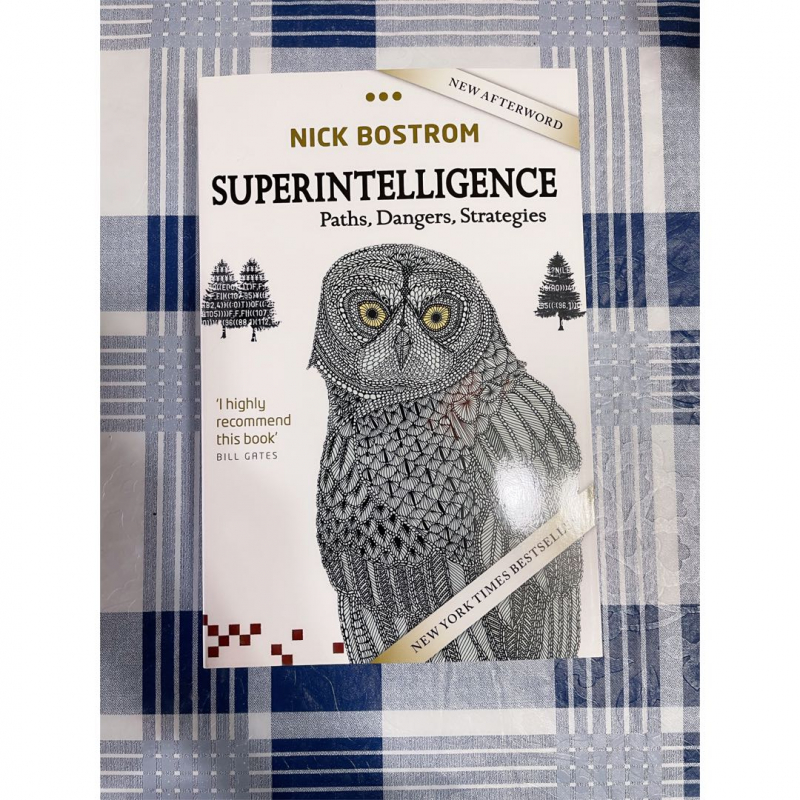
carousell.com.hk -
Josh Starmer runs the popular YouTube series "StatQuest with Josh Starmer." Josh has been using a creative and unique visual approach to easily explain Statistics, Data Science, and Machine Learning concepts and algorithms to people all around the world since 2016. Rather of dumbing down the information, Josh walks individuals through basic examples step by step, utilizing images to ensure that every main topic is easy to learn and remember. StatQuest has helped people all over the world win data science competitions, pass exams, graduate from school, and gain jobs and promotions by breaking down even the most sophisticated algorithms into bite-sized bits.
Machine Learning is incredible and powerful, but it can also look to be extremely hard. This is where The StatQuest Illustrated Guide to Machine Learning may help. This book lays down machine learning algorithms, no matter how complex they are, into little, bite-sized chunks that are easy to understand. Each idea is carefully demonstrated to give you, the reader, a sense of how the procedures work beyond the equations alone. The ideas are not simplified in the StatQuest Illustrated Guide. Instead, it empowers you to become smarter and more knowledgeable about Machine Learning.
The StatQuest Illustrated Guide to Machine Learning begins with the fundamentals, demonstrating what machine learning is and what its goals are, then progresses from there, one picture at a time, until you have grasped the ideas behind self-driving cars and facial recognition.
Author: Josh Starmer PhD
Link to buy: https://www.amazon.com/StatQuest-Illustrated-Guide-Machine-Learning/dp/B09ZCKR4H6
Ratings: 4.9 out of 5 stars (from 113 reviews)
Best Sellers Rank: #10,633 in Books
#5 in Computer Neural Networks
#11 in Artificial Intelligence & Semantics
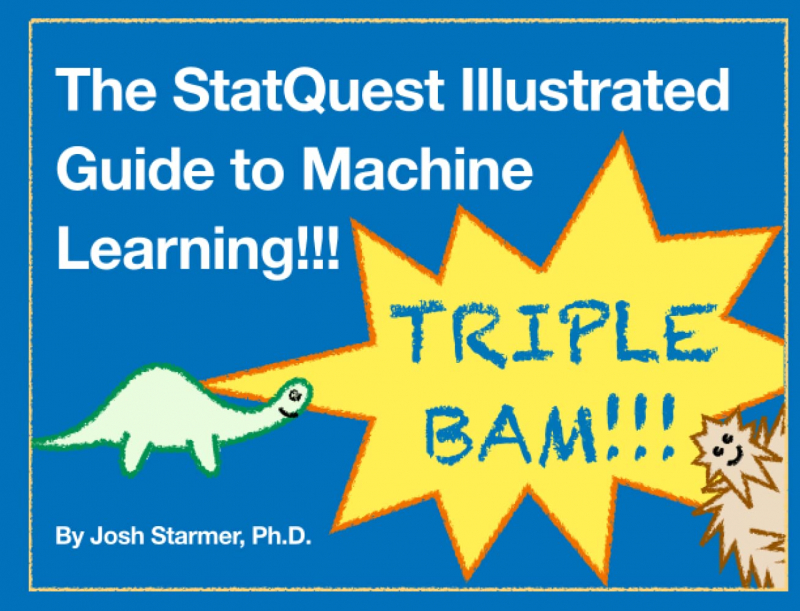
https://www.amazon.com/ 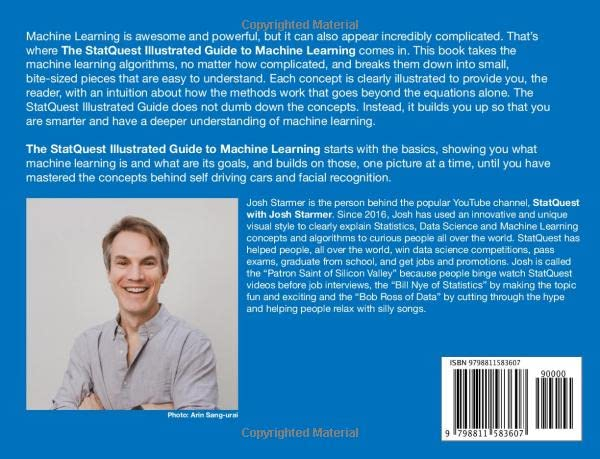
https://www.amazon.com/ -
From September 1973 to January 1977, Henry A. Kissinger was the 56th Secretary of State. From January 1969 to November 1975, he was also the President's Assistant for National Security Affairs. In 1973, he was awarded the Nobel Peace Prize, in 1977, the Presidential Medal of Freedom, and in 1986, the Medal of Liberty.
Eric Schmidt is a successful entrepreneur, technologist, and philanthropist. As Google's CEO, he led the company's development from a Silicon Valley upstart to a global technology giant. He was Google's Chief Executive Officer and Chairman from 2001 to 2011, Executive Chairman from 2011 to 2018, and Technical Advisor from 2018 to 2020.
The initial dean of the MIT Schwarzman College of Computing is Daniel Huttenlocher. Previously, he was the founding Dean and Vice Provost of Cornell Tech, Cornell University's digital technology-focused graduate school in New York City.
The Age of AI brings together three of the world's most brilliant and insightful thinkers to investigate Artificial Intelligence (AI) and how it is reshaping human society—as well as what this technology implies for us all.
An AI learns to win chess by making moves that human great masters would never have thought of. Another AI identified a novel antibiotic by examining molecular features unknown to human experts. In simulated dogfights, AI-powered jets are now overcoming veteran human pilots. AI is making its way into search, streaming, medical, education, and a variety of other industries, altering how humans perceive reality.
Three notable thinkers have collaborated on The Age of AI to investigate how AI will affect our connections with knowledge, politics, and the societies in which we live. It is among the best books on AI and machine learning. The Age of AI is a critical roadmap to our present and future, an era unlike any other.
Author: Henry A. Kissinger, Eric Schmidt and Daniel Huttenlocher
Link to buy: https://www.amazon.com/Age-I-Our-Human-Future/dp/0316273805/
Ratings: 4.1 out of 5 stars (from 737 reviews)
Best Sellers Rank: #11,843 in Books
#6 in Politics of Privacy & Surveillance
#12 in Social Aspects of Technology
#12 in Artificial Intelligence & Semantics
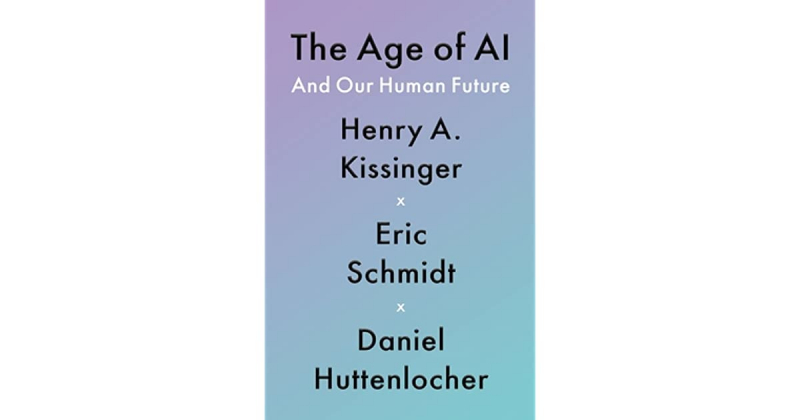
goodreads.com 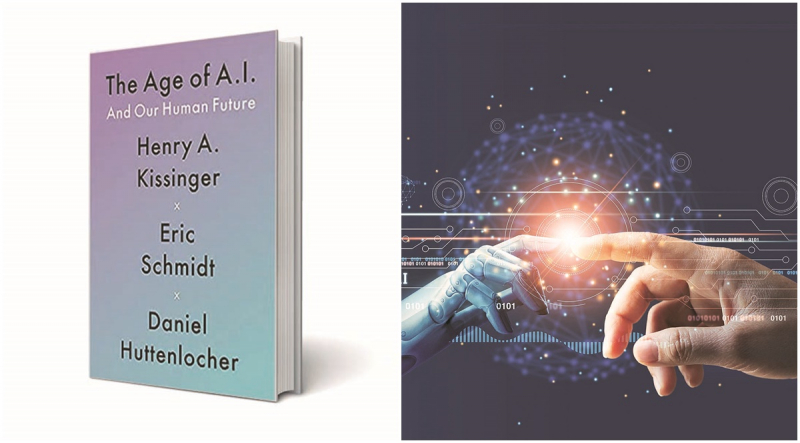
financialexpress.com -
Jeff Hawkins is the cofounder of Numenta, a neuroscience research firm, the Redwood Neuroscience Institute, and one of the pioneers of mobile computing. He is a National Academy of Engineering member and the author of On Intelligence.
A bestselling author, neuroscientist, and computer engineer reveals an intelligence hypothesis that will transform our understanding of the brain and the future of artificial intelligence. Despite all of neuroscience's breakthroughs, we've made little headway on its central question: How do simple brain cells generate intelligence? Jeff Hawkins and his colleagues revealed that the brain constructs a representation of the world using maplike structures—not just one model, but hundreds of thousands of versions of everything we know. This revelation enables Hawkins to answer critical issues about how we see the world, why we have a sense of self, and where high-level thought comes from. A Thousand Brains heralds a revolution in intelligence research. It is a big-thinking book in every sense.
A Thousand Brains articulates the ultimate ambition of thousands of scientists: to comprehend the mechanics of the human mind. Jeff Hawkins' style is delightfully clear and fast-paced, providing an accessible introduction of a human intelligence hypothesis that is likely to be very influential in the future.
Author: Jeff Hawkins
Link to buy: https://www.amazon.com/Thousand-Brains-New-Theory-Intelligence/dp/1541675819/
Ratings: 4.5 out of 5 stars (from 1238 reviews)
Best Sellers Rank: #16,127 in Books
#8 in Free Will & Determinism Philosophy
#15 in Artificial Intelligence & Semantics
#24 in Neuroscience (Books)
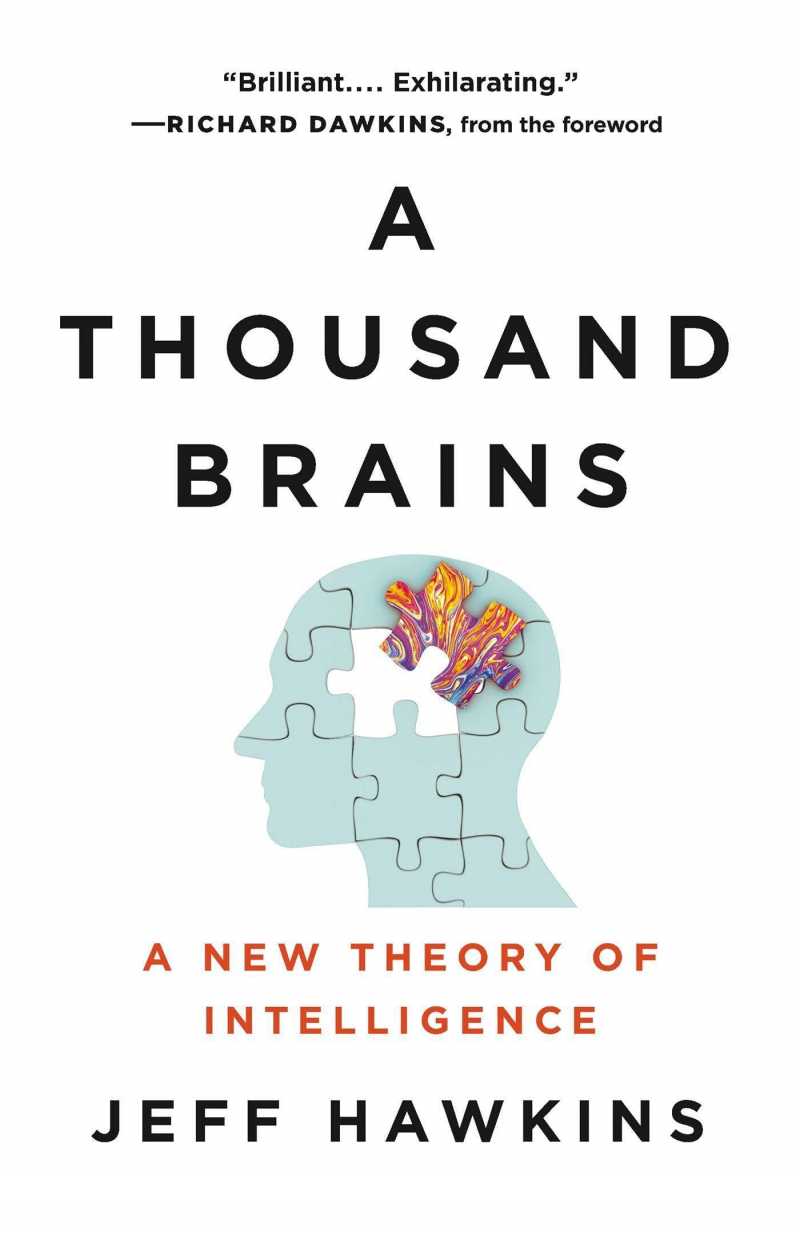
https://www.amazon.com/ 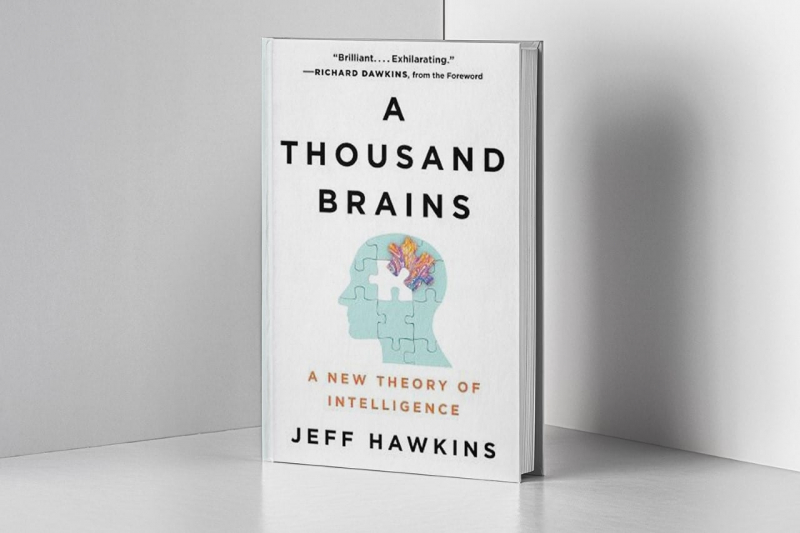
ai-med.io -
Ian Goodfellow is a Google Research Scientist. Yoshua Bengio is a computer science professor at the Université de Montréal. Aaron Courville is a computer science assistant professor at the Université de Montréal.
Deep learning is a type of machine learning that allows computers to learn from experience and comprehend the world in terms of a concept hierarchy. Because the computer learns via experience, a human computer operator is not required to expressly specify all of the knowledge that the computer requires. The concept hierarchy enables the computer to learn complex concepts by constructing them from smaller ones; a graph of these hierarchies would be many layers thick. Deep Learning covers a wide spectrum of deep learning topics.
The text provides a mathematical and conceptual foundation, covering topics such as linear algebra, probability theory and information theory, numerical computation, and machine learning. It describes deep learning techniques used by industry practitioners, such as deep feedforward networks, regularization, optimization algorithms, convolutional networks, sequence modeling, and practical methodology; and it surveys applications such as natural language processing, speech recognition, computer vision, online recommendation systems, bioinformatics, and videogames. Finally, Deep Learning provides theoretical perspectives on linear factor models, autoencoders, representation learning, structured probabilistic models, Monte Carlo methods, the partition function, approximation inference, and deep generative models.
Undergraduate and graduate students pursuing jobs in industry or research, as well as software developers interested in incorporating deep learning into their products or platforms, can benefit from deep learning. A website provides additional material for both readers and instructors.
Author: Ian Goodfellow, Yoshua Bengio and Aaron Courville
Link to buy: https://www.amazon.com/Deep-Learning-Adaptive-Computation-Machine/dp/0262035618/
Ratings: 4.4 out of 5 stars (from 1800 reviews)
Best Sellers Rank: #18,312 in Books
#5 in Artificial Intelligence (Books)
#15 in Computer Hacking
#17 in Artificial Intelligence & Semantics
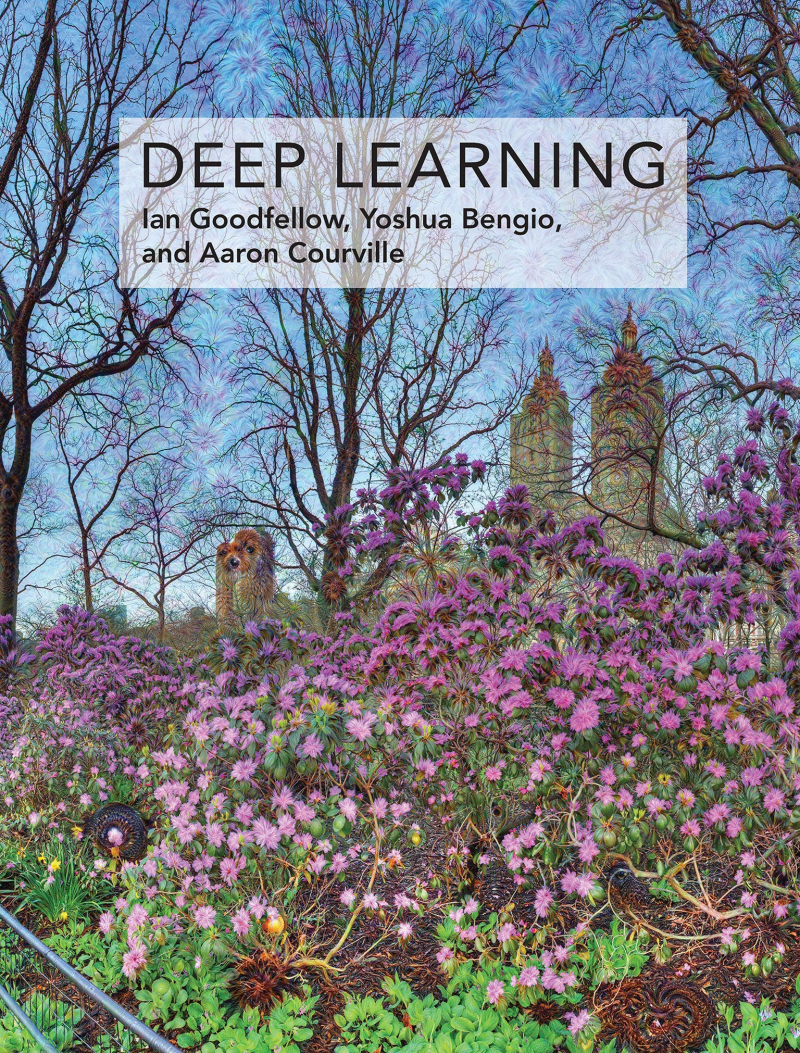
https://www.amazon.com/ 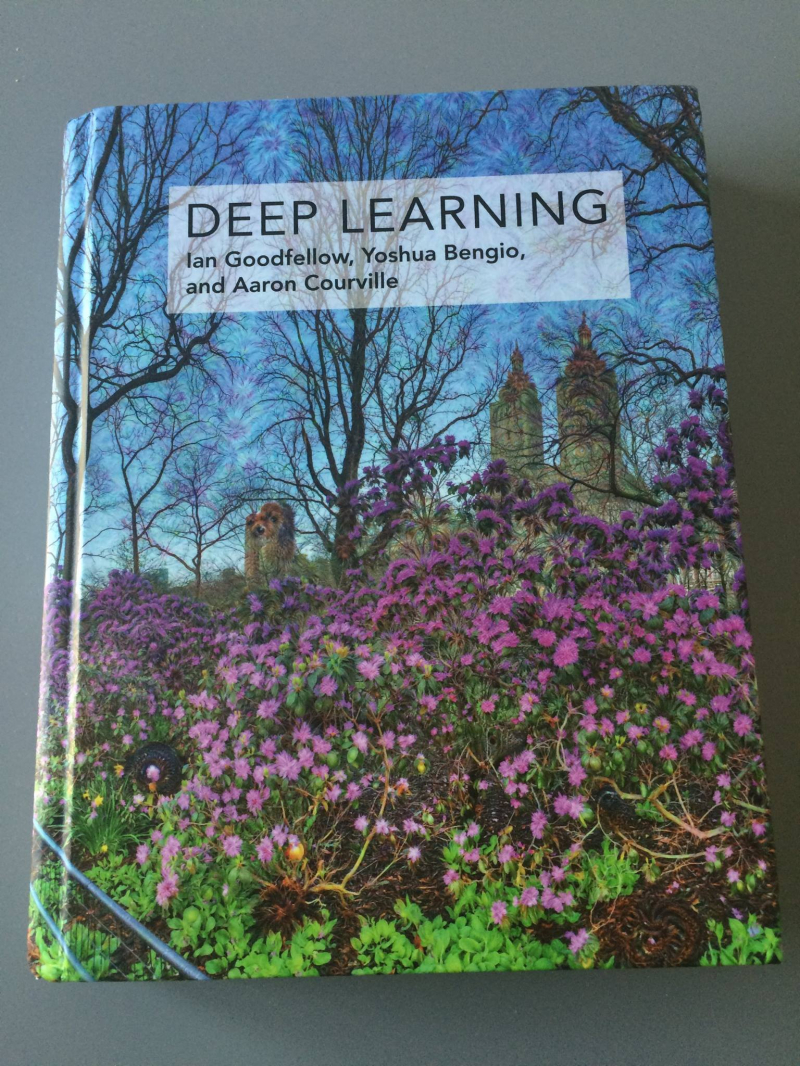
https://www.derinogrenme.com/














